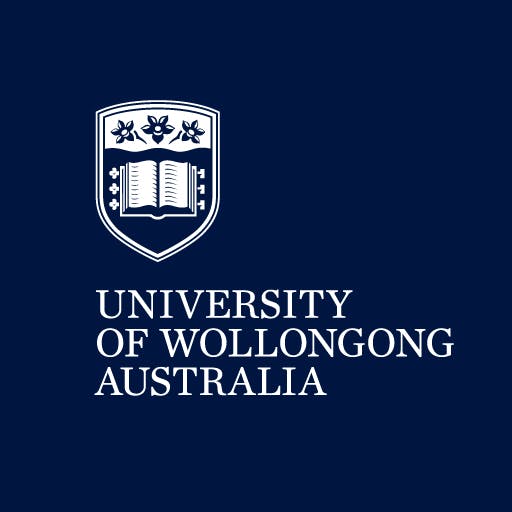Bachelor of Mathematics and Finance (Honours) (Quantitative and Computational Trading)
- publicado por University of Wollongong
- Home
- Courses
- University of Wollongong
- Bachelor of Mathematics and Finance (Honours) (Quantitative and Computational Trading)
Bachelor of Mathematics and Finance (Honours) (Quantitative and Computational Trading)
Course summary Quantitative and computational trading is a specific area of quantitative analysis that uses mathematical computations to identify financial trading opportunities. This includes the use of algorithmic trading to drive trading decisions, usually in electronic financial markets. This degree The Bachelor of Mathematics and Finance (Honours) teaches you the…
Categories
COURSE DESCRIPTION
Course summary
Quantitative and computational trading is a specific area of quantitative analysis that uses mathematical computations to identify financial trading opportunities. This includes the use of algorithmic trading to drive trading decisions, usually in electronic financial markets.
This degree
The Bachelor of Mathematics and Finance (Honours) teaches you the skills to apply sophisticated mathematical and statistical techniques to real-world problems. You are also encouraged to develop computing and communication skills, which are assets in the job market.
Bankers, investment managers, insurance companies and financial companies all rely on financial mathematics to survive and stay ahead of the competition. Maths and Finance graduates work in all areas of industry and government as risk managers, investment advisers, traders, financial analysts and more. They work in all aspects of the finance sector from traditional banking to futures trading.
There are opportunities for scholarships from corporate partners, plus summer scholarships and undergraduate research projects with academic staff, access to programs of the Australian Mathematical Sciences Institute (AMSI) and inter-university courses via our Access Grid Room.
What you will study
You will develop a solid foundation in mathematical finance, programming and the specialist practical skills necessary to be successful as a quantitative trader. You will acquire mathematical, statistical, financial and computer programming skills to understand, implement and develop computer-driven trading strategies and be able to make informed investment decisions and evaluate portfolio risks.
Subjects you will study include: investment analysis, object and generic programming in C++, estimation and hypothesis testing, portfolio analysis, advanced corporate finance, applied probability and financial risk, financial economics, and data mining and knowledge discovery. You will complete a Mathematics and Finance Honours Project.
EDUCATIONAL INSTITUTION
The University of Wollongong (UOW) is a leading Australian university with an international reputation for academic excellence. It is consistently ranked among the top Australian universities for the quality of its teaching and research. The University offers a wide range of degree programs across all levels of study – undergraduate and postgraduate coursework and research: Engineering and IT, Health Sciences and Medicine; Business and Commerce Applied and Natural Sciences; Arts, Communications and Creative Arts; Law and Education.
Do you want to Apply to:
Bachelor of Mathematics and Finance (Honours) (Quantitative and Computational Trading)
Add Your Heading Text Here
Please, login or Register to Apply!
Do you need extra info about:
Bachelor of Mathematics and Finance (Honours) (Quantitative and Computational Trading)?
The University of Wollongong (UOW) is a leading Australian university with an international reputation for academic excellence. It is consistently ranked among the top Australian universities for the quality of its teaching and research. The University offers a wide range of degree programs across all levels of study - undergraduate and postgraduate coursework and research: Engineering and IT, Health Sciences and Medicine; Business and Commerce Applied and Natural Sciences; Arts, Communications and Creative Arts; Law and Education.

